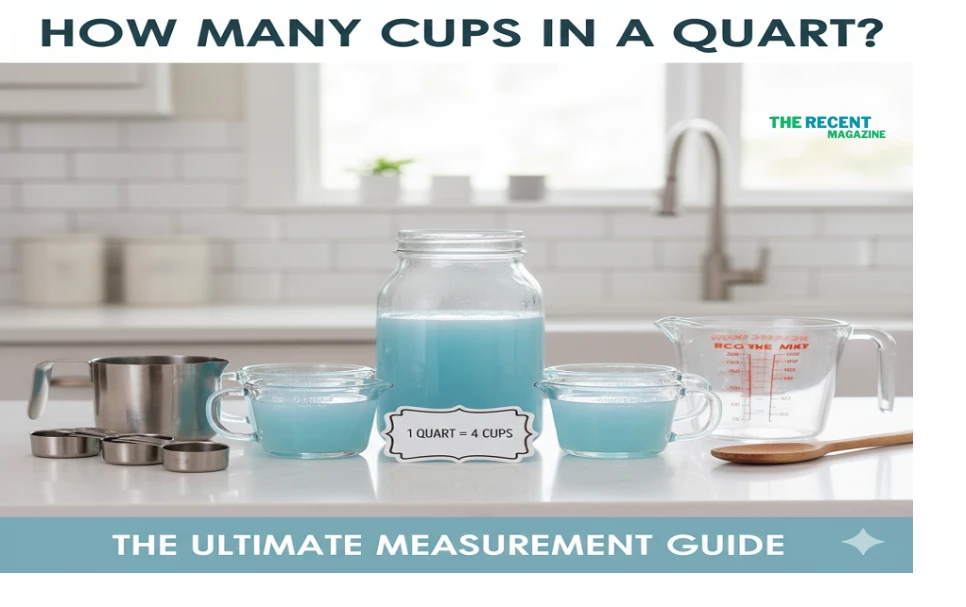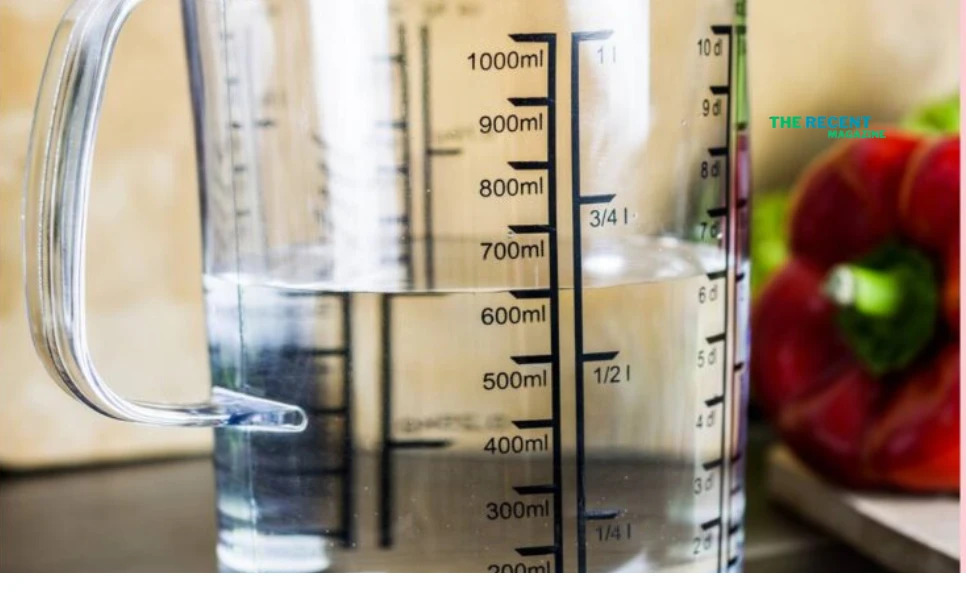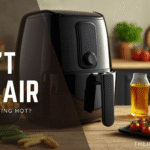Now Reading: How Many Cups in a Quart: The Ultimate Measurement Guide
-
01
How Many Cups in a Quart: The Ultimate Measurement Guide
How Many Cups in a Quart: The Ultimate Measurement Guide

Are you ever in the middle of cooking or baking and suddenly wonder, “How Many Cups in a Quart?” It’s a simple question, but getting it wrong can throw off your entire recipe. Whether you’re measuring liquids or dry ingredients, knowing the exact conversion saves you time and frustration.
You’ll discover the clear answer to this common kitchen dilemma, along with easy tips to remember it. Keep reading to make your next recipe turn out just right every time!
Cups And Quarts Basics
The US customary system uses different units for liquid and dry ingredients. One US liquid quart equals 4 cups. This is important for cooking and baking to get correct amounts.
Dry quarts are not the same as liquid quarts. Dry quarts measure volume for solid ingredients like flour or grains. They are slightly larger than liquid quarts.
| Measurement Type | 1 Quart Equals |
|---|---|
| US Liquid Quart | 4 cups |
| US Dry Quart | Approx. 4.4 cups |
Knowing these differences helps in following recipes and measuring ingredients properly. Use liquid cups for liquids and dry cups for solids to be exact.
Cups In A Quart
A quart is a common unit for measuring liquids. It equals 4 cups in the US system. This means if a recipe calls for 1 quart, you need 4 cups of liquid.
Visualizing this helps in cooking. Imagine filling four regular coffee cups. Together, they make one quart. This is useful for measuring milk, water, or juice.
| Measurement | Equivalent in Cups |
|---|---|
| 1 Quart | 4 Cups |
| 2 Quarts | 8 Cups |
| 3 Quarts | 12 Cups |
| 4 Quarts (1 Gallon) | 16 Cups |
Quarts To Other Units
A quart equals 2 pints or 4 cups. Four quarts make up 1 gallon. This helps when measuring liquids in cooking or baking.
| Unit | Equivalent in Quarts |
|---|---|
| Pints | 2 pints = 1 quart |
| Gallons | 4 quarts = 1 gallon |
One quart equals 32 ounces in the US system. In metric, it is about 946 milliliters. This is useful for recipes using different measurement systems.
| Unit | Equivalent in Quarts |
|---|---|
| Ounces | 32 ounces = 1 quart |
| Milliliters | 946 milliliters ≈ 1 quart |
Practical Uses In Cooking
One quart equals four cups in the US measurement system. This is very useful for cooking and baking. Measuring liquids like water, milk, or broth is easy using this rule. For example, if a recipe calls for one quart of milk, use four cups.
Measuring dry ingredients such as flour or sugar can be different. Dry ingredients often need to be leveled in the cup for accuracy. A quart is still four cups, but weight may change depending on the ingredient.
| Measurement | Equivalent in Cups |
|---|---|
| 1 Quart (Liquid) | 4 Cups |
| 1 Quart (Dry, approx.) | 4 Cups (volume) |
Tips For Accurate Measurement
Use clear measuring cups for the best results. Cups with marked lines help avoid guesswork. Liquid and dry measuring cups differ; choose the right one.
Place the cup on a flat surface and check the level at eye height. This prevents errors from looking at an angle.
| Common Mistake | How to Avoid |
|---|---|
| Using a dry cup for liquids | Use a liquid measuring cup with a spout |
| Filling above the line | Fill to the exact measurement line |
| Not leveling the cup |
Check the cup on a flat surface at eye level |

Quick Conversion Tricks
Remembering that 1 quart equals 4 cups makes measuring easier. Think of it as four equal parts filling one quart container. This simple fact helps when cooking or baking.
A quick math trick: doubling 2 cups gives 1 quart. Or halve 4 cups to get 2 cups. These easy steps save time and reduce errors.
Visualize a quart as a large cup holding four smaller cups. This image works well for memory. Another tip: 2 quarts equal 8 cups, so just multiply by 4 to convert.
Frequently Asked Questions
Does 4 Cups Equal 1 Quart?
Yes, 4 cups equal 1 quart in the US customary system. This conversion ensures precise cooking measurements.
Does 8 Cups Equal 1 Quart?
No, 8 cups do not equal 1 quart. One quart equals 4 cups in the US customary system.
How Many Cups in a Quart Of Liquid?
There are 4 cups in one quart of liquid. This measurement applies to the US customary system. Use this conversion for precise cooking and baking.
How Many Cups Is 2 Quartz?
Two quarts equal eight cups. One quart contains four cups, so multiplying by two gives eight cups total.
Conclusion
Knowing that one quart equals four cups makes cooking easier. Measuring ingredients correctly saves time and avoids mistakes. Always remember this simple conversion for your recipes. It helps with both liquid and dry ingredients. Keep this fact in mind for better kitchen results.
Understanding basic measurements improves your cooking confidence. Simple conversions like this make meal prep smooth and quick. Now you can measure with ease and cook with joy. Our all updete get to visit our website: therecentmagazine






















